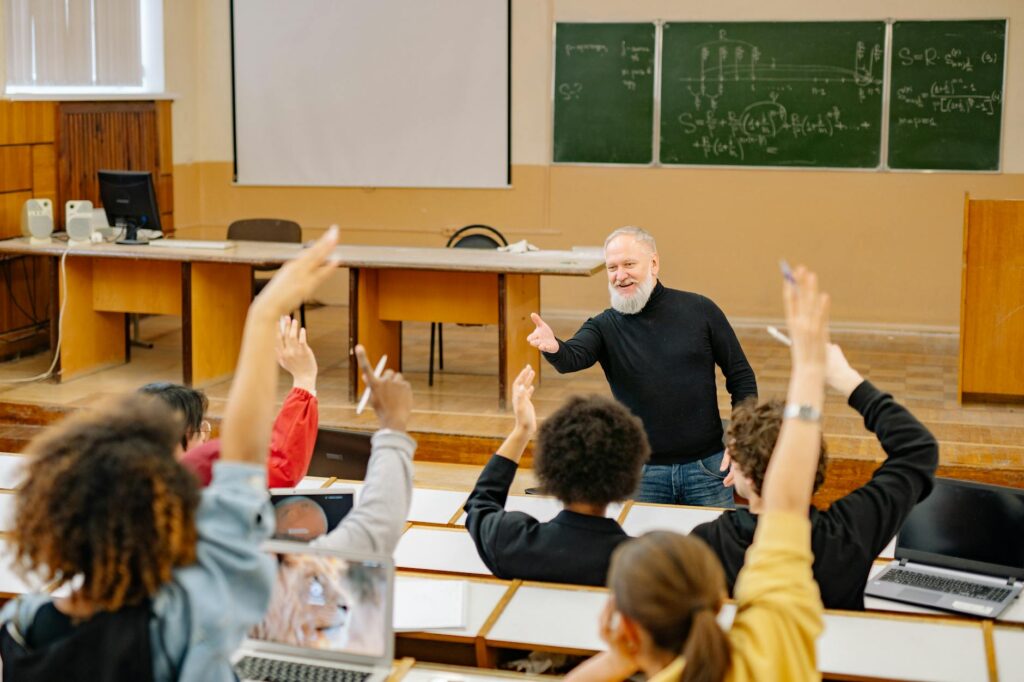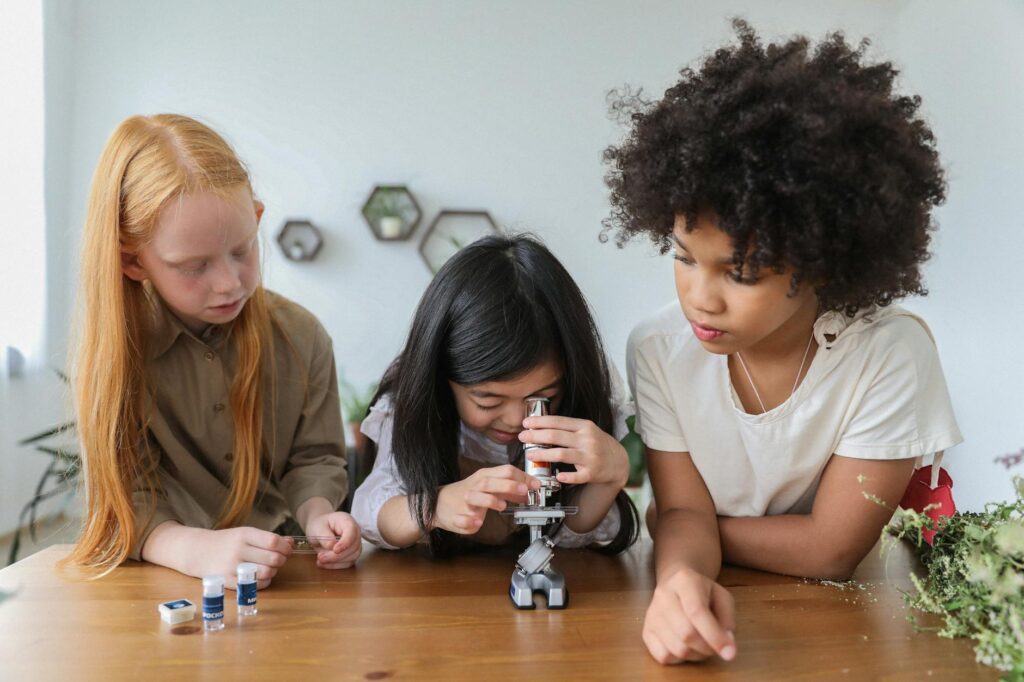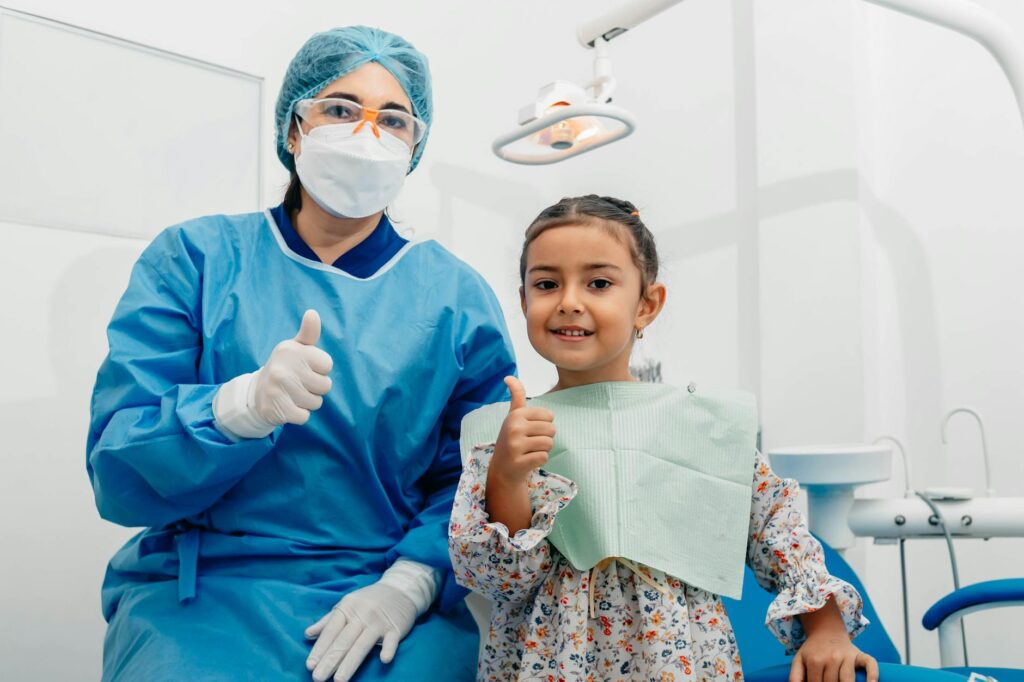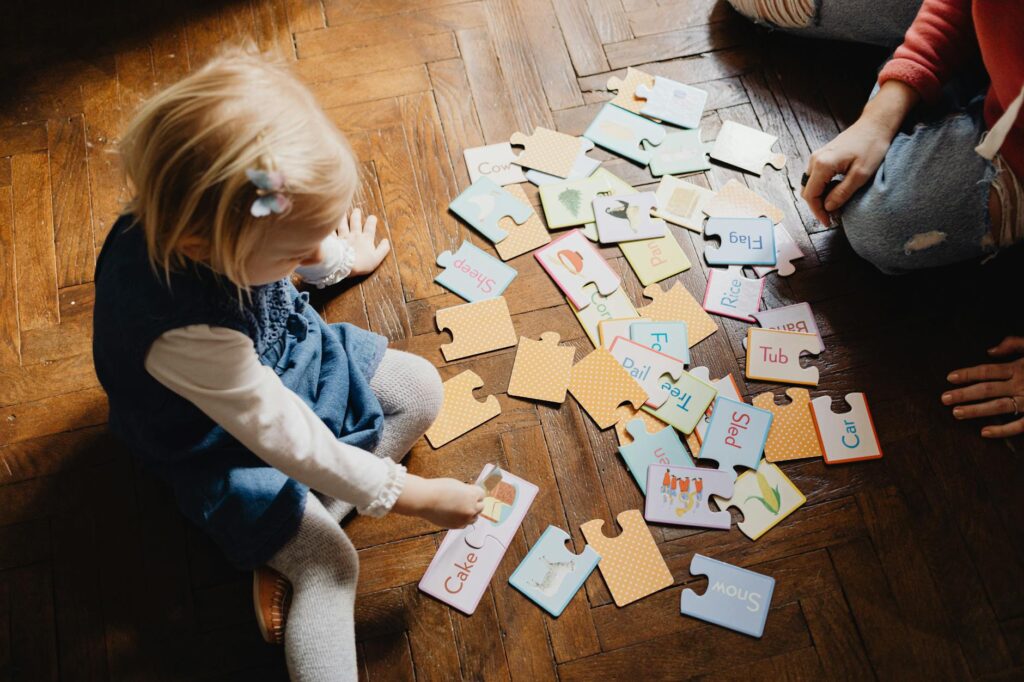Why Universal Design for Learning (UDL) is Important for Learners with Disabilities

Universal Design for Learning (UDL) is known as an educational framework and approach to assist all students with equal opportunities to learn by designing fair and accessible curriculum. The main goal of UDL is to remove barriers and offer an inclusive learning environment for learners, including those with diverse abilities, backgrounds, and learning styles (Priyadharsini […]
How Can Cognitive Load Theory Improve Teaching?

Learning can be exciting, overwhelming, or confusing. When we are exposed to a new concept or skill, our brain has to process a significant amount of information. So, it is crucial to understand, particularly for educators, how different learners experience the overall learning process. Why learning can be difficult in some contexts can be explained […]
Why Patients Need Medical Literacy for Equity

In the past, medicine operated like a one-way street. Doctors and scientists were the experts, and patients were the recipients—expected to listen, follow, and trust without question. But the landscape of health knowledge is shifting. In an age of open-access information, online learning, and patient-led research, medical literacy has become a key tool for equity—empowering […]
What is Applied Medical Literacy?

Medical literacy is the ability to use medical language—such as terminology, concepts, and classifications—and to analyze, evaluate, and apply medical information. It goes beyond simply recognizing terms on a chart or repeating what a doctor says. True medical literacy involves interpreting health information in context, asking meaningful questions, comparing sources, and making informed decisions. Applied […]
Clinical Reasoning in Grade Three with A-to-Z Medical History and Histology Lessons

In medicine, diagnosis is like solving a mystery—every clue matters. Doctors rely on clinical reasoning to piece together information from a patient’s medical history, physical symptoms, and even microscopic anatomy (histology) to understand what’s going on in the body. Now imagine giving children the chance to understand that same kind of reasoning skill in Grade […]
If Dog Man Can Teach Kids About Surgery, So Can You

Children are natural question-askers—especially when something is surprising, unfamiliar, or just plain weird. And if you’ve watched the Dog Man movie with a child lately, you may have heard a flurry of questions before the opening scene even finishes: These are big, curious, and important questions. At its core, the origin story of Dog Man—where […]
Building Differential Diagnoses in Kindergarten with A-to-Z Medical Literacy

In medical school, students learn early on that symptoms—especially ones as common as rashes—can have a wide range of causes. One essential skill for clinicians is building differential diagnoses: lists of possible explanations for a patient’s symptoms. Doctors are trained to think broadly, using memory aids like the VITAMIN CDE and VASCULITIS mnemonics to ensure […]
Why We Need More Children’s Storybooks About Chemical Allergies

Chemical allergies—such as contact allergies and more specific sensitivities like methylisothiazolinone allergy—are increasingly common, yet they remain underrepresented in children’s literature. These allergies, often triggered by ingredients in everyday items like soaps, shampoos, and cleaning products, can have a profound effect on a child’s daily life. And yet, for many families, finding accessible, child-friendly resources […]
Why Medical Literacy Matters, This Moment in History

Medical education has largely only been accessible to students selected by accredited medical schools. However, most medical students have historically come from physician families. For example, in the United States “75% of medical students have come from families in the top two quintiles for income” (American Association of Medical Colleges, n.d.) and many of these […]
Why a Guaranteed and Viable Curriculum Matters for Medical Literacy

A guaranteed and viable curriculum helps ensure that all students, regardless of their individual instructors or institutions, receive a foundational level of consistent, essential knowledge.

